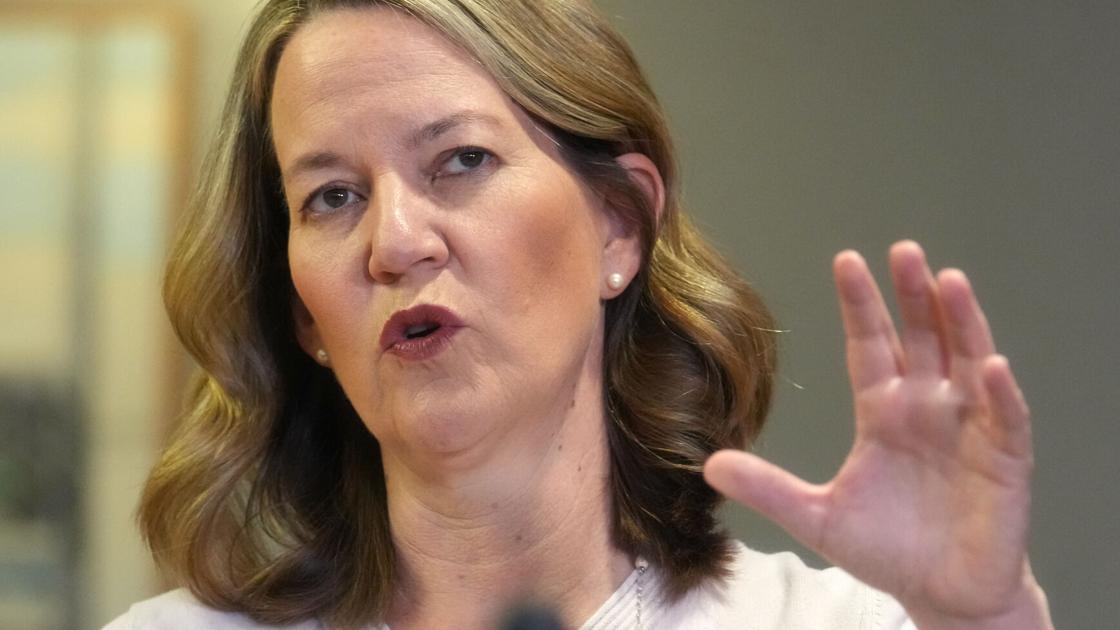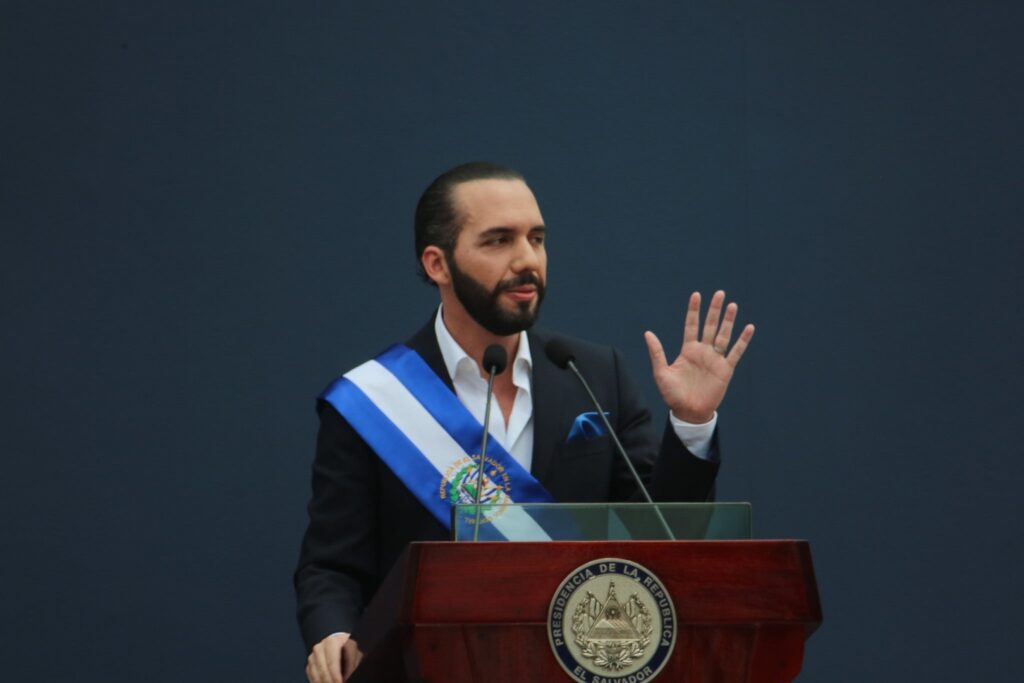Arizona agency failing to protect groundwater

Table of Contents
PHOENIX — State Attorney General Kris Mayes is accusing the Arizona Department of Water Resources of not doing its job to protect groundwater.
In a letter to department director Tom Buschatzke made public Friday, Mayes said ADWR has been required by law since 1980 to determine if there should be new “active management areas” where legal restrictions are imposed on the withdrawal and use of groundwater.
“This statutory requirement recognizes that groundwater conditions in a particular area are dynamic, and groundwater management should adopt to meet those ever-changing circumstances,” the attorney general wrote. “Unfortunately, while groundwater circumstances have changed greatly since 1980, ADWR appears not to have engaged in the analysis of potential new AMAs to adjust to those changes.”
Mayes acknowledged the department has studied the Upper San Pedro River Basin twice to see if restrictions are necessary. “But two studies of a single basis in a 40-year period does not satisfy the statutory duty,” she told Buschatzke.
People are also reading…
Neither Buschatzke nor Democratic Gov. Katie Hobbs, who agreed to keep him on as the state water director after she succeeded Republican Gov. Doug Ducey in January, would comment.
Saudi pumping controversy
The move comes as Mayes is in a separate dispute, at least in part with her fellow Democrat Hobbs, over the lease of state land to Fondomonte, a Saudi firm that pumps groundwater to grow alfalfa on the property in La Paz County to feed cattle in Saudi Arabia. Saudi law precludes the growing of alfalfa, which is considered too water-demanding for the desert.
Mayes campaigned last year on a promise to cancel the lease along with the right to withdraw groundwater from the La Paz County property, which is outside any active management area. But Hobbs, who inherited the lease when she took office in January, said that’s not legally possible.
“It’s a very complex issue, and not something that the AG has the authority to, frankly, do on her own,” the governor told reporters in late January. “It’s a complicated lease that we can’t just end.”
Mayes has said she believes the use of state-leased farmland, and the withdrawal of groundwater there, are illegal.
Hobbs has not gone that far, saying during her State of the State speech in January that the lease results from a “water poaching loophole” and urging lawmakers to address the problem.
“Our groundwater should be used to support Arizonans, not foreign business interests,” Hobbs said.
Mayes takes reporter up in state plane
In the meantime, however, Mayes has kept up the political pressure, including at least one interview near Fondomonte’s property with CBS News, where she took the network’s reporter and videographer up in a state-owned airplane to survey the site. That interview aired Thursday.
Mayes, in a written statement, said this was her first official visit to the area as attorney general after taking office in January.
“I felt it was necessary to get out to Butler Valley and see the situation on state trust land for myself,” she said. The attorney general called it “scandalous and of utmost importance to the public” that the private company is able to withdraw unlimited amounts of groundwater from the area.
As to the use of the state plane, Mayes said it is a “long-standing practice for elected officials to take reporters along on trips like this.”
“And, in the interest of public transparency, I will continue to do so,” she said.
Even as that dispute with Hobbs simmers, Mayes said she did get a victory of sorts. She said she got the state Land Department, also under the governor’s control, to withdraw its request that ADWR allow Fondomonte to drill two new high-capacity wells in La Paz County.
She blamed Buschatzke’s department for issuing the permits last August in the first place, given that the wells of others in the area are drying up and there is land subsidence in La Paz County.
In a separate letter to Buschatzke also made public Friday, Mayes issued a warning of sorts to him.
“At a minimum, I believe that ADWR should closely scrutinize new applications for wells by Fondomonte in light of this information,” she wrote. “My office will be monitoring the ADWR well permit portal going forward.”
Mayes invited Buschatzke to tell her of any other studies that have been done to comply with the law. “If you believe that ADWR has been unable to comply with the statutory requirement, please let me know why ADWR (has) been unable to do so,” she said.
Colorado River water transfers
In her communications with Buschatzke, Mayes is doing more than criticizing what she said is his department’s failure to determine if additional areas of the state need the protection of active management areas.
She said hedge funds and “perhaps other financial firms and speculators” have started to purchase land near the Colorado River and the water rights that go with the properties. These owners “are anticipated to seek to transfer those water rights off-river,” she said.
Mayes said the Department of Water Resources is not doing what she believes is required to police the issue.
She cited the department’s September 2020 recommendation to the U.S. Interior Department to approve one such transfer from a farm owned in the Cibola Valley near the Colorado River to Queen Creek in the Phoenix area.
That same day, she said, ADWR put into effect a new policy to govern future water transfers.
She said state law gives ADWR an “overarching duty” to formulate plans and develop programs for the development, management, conservation and use of water, including the management of water quantity and quality.
“Yet, when ADWR approved the Queen Creek transfer, it appeared to consider that transfer in isolation and to ignore the cumulative effect that other anticipated transfers might have,” Mayes told Buschatzke.
She said he told her in a meeting that the new policy allows his department to consider those cumulative effects of water transfers. But Mayes said she sees nothing in the policy that would require ADWR to do that.
“I urge you to revise (the policy) to require consideration of foreseeable cumulative effects and to carefully scrutinize any future water transfer requests to ensure that any recommended approvals are consistent with ADWR’s overarching duties,” she wrote.
This documentary by filmmaker Michael Schiffer, tells the story of the passage of the 1980 Arizona Groundwater Management Act.
Howard Fischer is a veteran journalist who has been reporting since 1970 and covering state politics and the Legislature since 1982. Follow him on Twitter at @azcapmedia or email [email protected].








